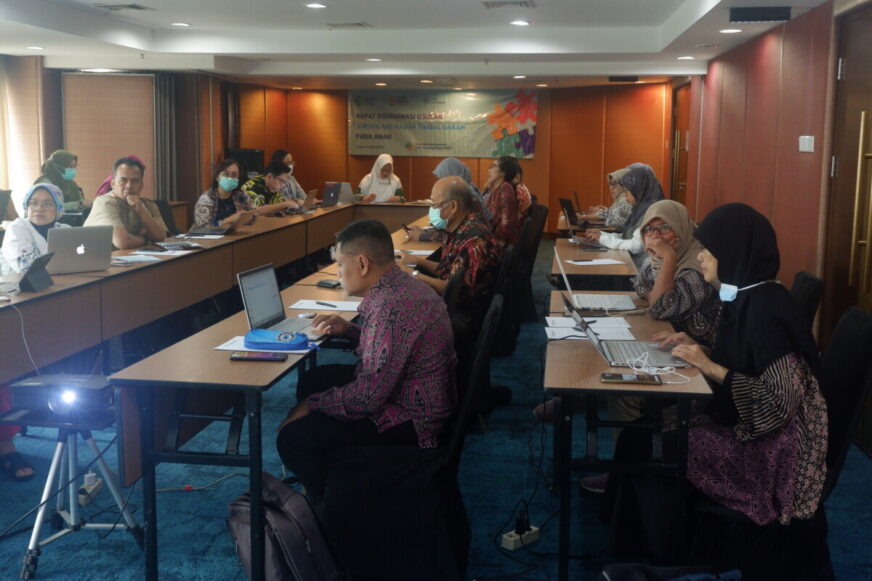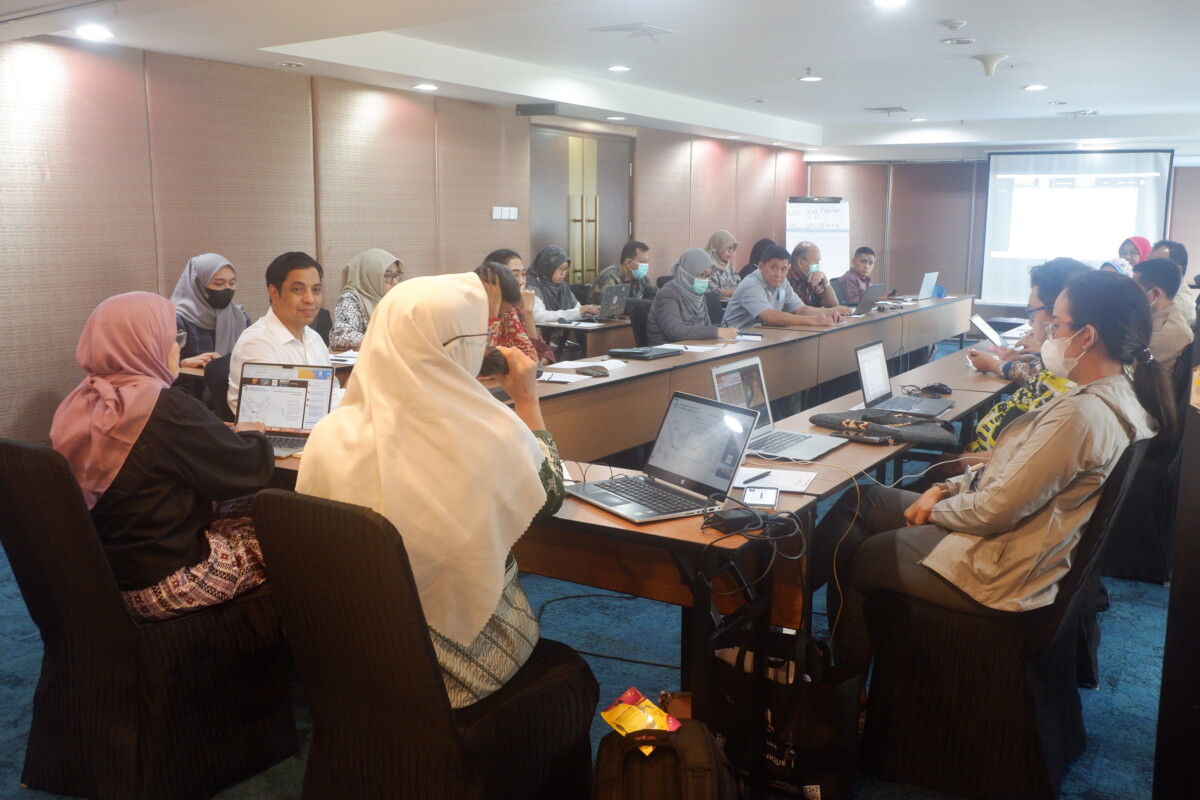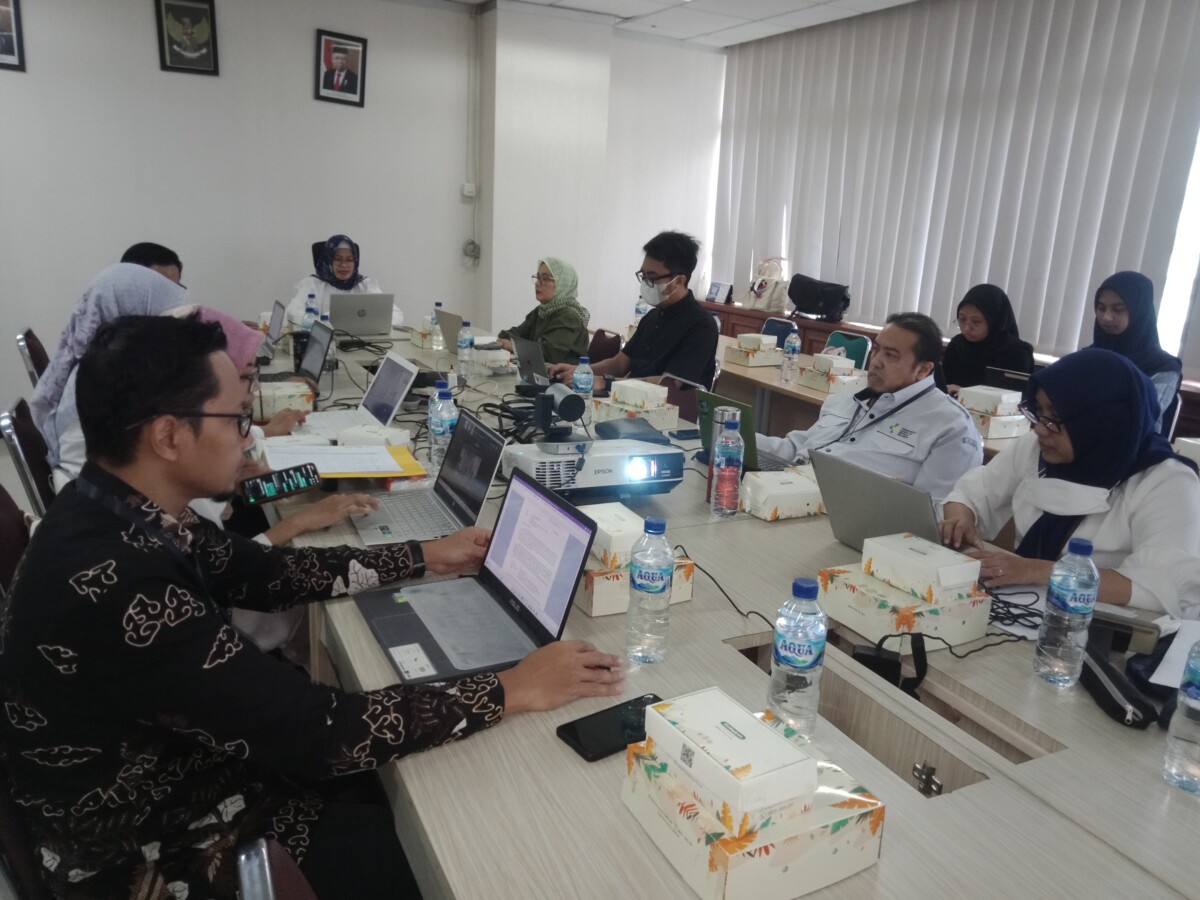KLIK DI SINI untuk membaca artikel dalam Bahasa Indonesia.
“The Strengthening Health System to Reduce Lead Exposure” Program in Indonesia
For non-profit organizations, collaboration is crucial in reaching organizational goals and creating a positive impact on the communities. In addition, synergy can make combined efforts accomplish more. Pure Earth has been partnering with governments, communities and industry leaders to identify and implement solutions in order to stop toxic exposures, protect health, and restore environments. The organization – collaborating with various global and local stakeholders – also specifically works to sustainably address the root causes of lead and mercury pollution.


In regards to health surveillance, conducting baseline Blood Lead Level (BLL) testing and analysis is crucial to understand prevalence, severity and sources of lead exposure. In 2023, with a grant from Takeda Pharmaceutical Limited (Takeda), Pure Earth launched “Strengthening Health Systems to Reduce Lead Exposure” program, a partnership between Pure Earth, Vital Strategies, and the Ministries of Health in Colombia, Indonesia, Kyrgyzstan, Maharashtra, India, and Peru to strengthen each country’s national healthcare system to better prevent, identify, and treat lead exposure.
Started in April 2024 until present, Yayasan Pure Earth Indonesia (PE Indonesia) and Vital Strategies (VS) have been in discussion with the Ministry of Health (MOH) of the Republic of Indonesia in designing and implementing the new national program to identify, monitor and reduce lead exposure. The working plan is still being developed together by the working team. Quite many inputs came up from the members of the working team, which consists of members from various institutions, including PE Indonesia, VS and directorates (Dit) under MOH, such as Environmental Health as the Coordinator, Public Health Governance (Takelkesmas), Center for Health Development Policy (BKPK), Data and Information Center (Pusdatin), as well as cross-sectoral government agencies, i.e. Central Bureau of Statistics (BPS) and many more. The last technical coordination meeting was just held on June 24, 2024, where small group meetings will be carried out to finalize and agree on the working plan.

Surveillance as one of the instruments in public health has a role in producing information from the data collected, hence stakeholders can determine effective and efficient policies (Groseclose, 2017). BLL Surveillance (SKTD) is expected to be a tool in monitoring children’s BLL nationally in Indonesia, so that policies in controlling lead exposure can be established effectively.

In the context of the implementation of the “Strengthening Health System to Reduce Lead Exposure” program, SKTD piloting activities will be carried out to obtain data on the prevalence of BLL in Indonesian children as reference material in efforts to strengthen the health system in Indonesia. The piloting activity will be carried out in two stages, the first phase of which is planned to be carried out in the second semester of 2024 with the aim of monitoring BLL in children in Indonesia and understanding the increasing prevalence of BLL in children, evaluating the capacity of existing resources, and testing the feasibility of implementing national BLL. Meanwhile, the second phase is planned to be implemented in 2026 with the aim of initiating the integration of SKTD into periodic active surveillance.






